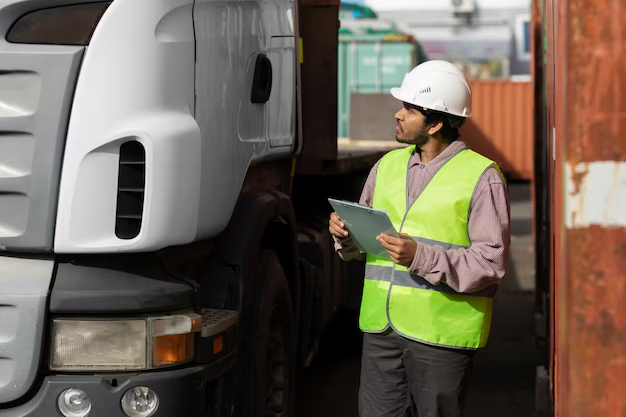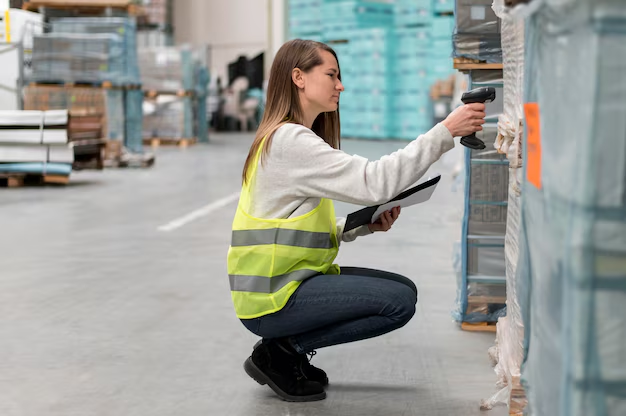
What Is Traceability in International Logistics?
Traceability is a crucial element in international logistics and customs. It involves tracking and identifying the path of a product throughout the supply chain, from origin to final destination. This means keeping detailed records at every stage—production, storage, transport, and delivery. In an increasingly complex global trade environment, traceability has become vital to ensure transparency, security, and efficiency in logistics processes.
Why Traceability Matters in the Supply Chain
The role of traceability in the supply chain is essential for effective product control and efficiency. Here’s why it matters:
1. Compliance with Customs Regulations
One of the main challenges in international logistics is adhering to customs regulations in each country. Traceability simplifies this by providing a transparent record of a product’s journey, helping companies meet quality, safety, and health regulations to avoid penalties or delays.
2. Enhanced Product Safety and Quality
Tracking each stage of a product’s journey allows quick identification of any issues during transport or storage. This is essential to ensure product safety and quality, enabling problems to be identified and corrected promptly.
3. Cost Reduction and Process Optimization
Traceability also helps optimize logistics processes by pinpointing inefficiencies and bottlenecks within the supply chain. This allows companies to make informed strategic decisions, improving operational efficiency while reducing costs and delivery times.
3 Essential Tools for Enhancing International Logistics
Advanced technology has transformed how traceability is managed in international logistics. Here are three commonly used tools:
- Barcodes and RFID (Radio-Frequency Identification)
Barcodes and RFID tags are indispensable tools for real-time product tracking. These technologies enable quick and accurate data collection, making it easier to identify and locate goods at any point in the logistics process.
- Supply Chain Management (SCM) Systems
Supply Chain Management Systems integrate and oversee every aspect of the supply chain, from production to delivery. These platforms enable companies to maintain comprehensive control over traceability, streamlining logistics and ensuring transparency at each step.
- Blockchain for Traceability
Blockchain technology has gained traction in international logistics for its ability to provide secure, unalterable traceability. Blockchain records every transaction and product movement in a digital ledger, safeguarding the integrity and authenticity of information.

3 Key Benefits of Traceability in International Logistics
1. Increased Trust and Transparency
Traceability brings greater transparency to the supply chain, building trust among companies, clients, and customs authorities. This trust is essential for strong business relationships and ensures products meet quality and safety standards.
2. Improved Incident Management and Product Recalls
In case of a quality or safety issue, traceability quickly identifies the source of the problem and facilitates the efficient recall of affected products. This minimizes financial impact and protects the company’s reputation.
3. Boosted Efficiency and Reduced Errors
With complete control over the supply chain, companies can proactively address and correct errors, cutting costs related to returns, delays, and lost goods.
Challenges in Implementing Traceability for International Logistics and Customs
Despite its many benefits, implementing effective traceability systems has its challenges, including the need for technology investments, complex customs processes, and coordination among multiple supply chain actors. Embracing technological solutions, investing in staff training, and collaborating with trade partners are essential to overcoming these obstacles and achieving robust traceability.
Traceability is a core component of international logistics and customs, ensuring transparency, security, and efficiency across the supply chain. In today’s globalized trade environment, a strong traceability system is essential for regulatory compliance, product quality, process optimization, and cost reduction. Companies that adapt to new technologies will gain a competitive edge in international markets and be well-equipped to navigate the complexities of global logistics.
